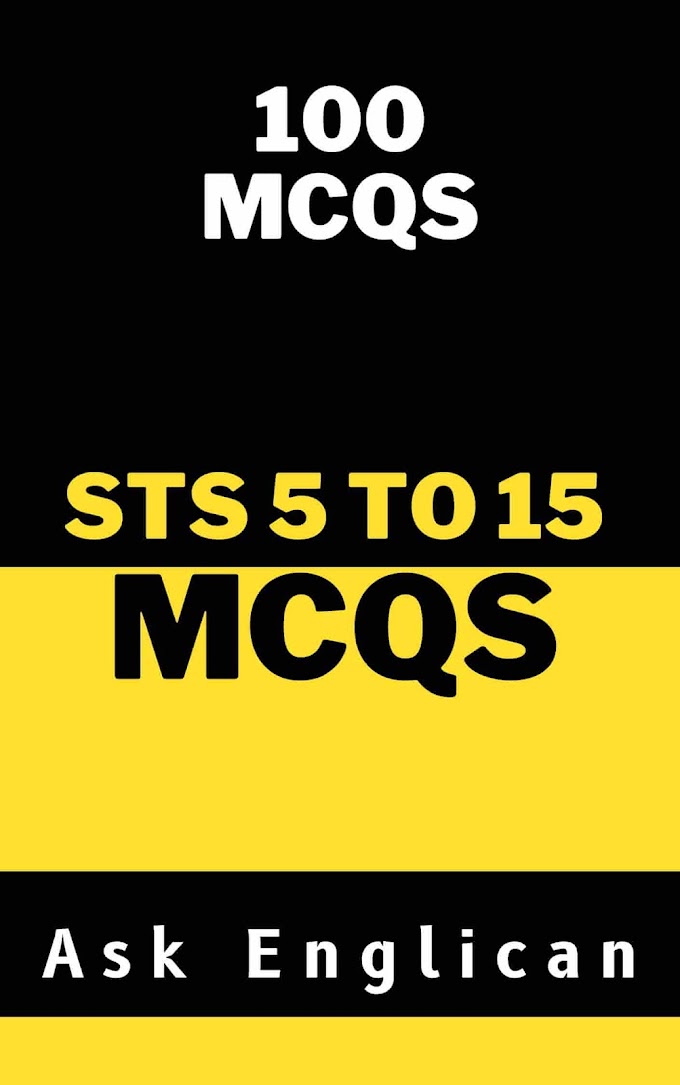English for Specific Purposes (ESP) and Writing
If you are a student and want to learn about ESP and ESP writing, then you are at the right place. In this article, I will discuss ESP writing, moreover, how a writer catches the mind of a reader or creates content for readers.
I am Saeed Ali, a BS scholar. The following article is written carefully using published research articles. Hopefully, you will gain great knowledge and proper references.
ESP and Writing
Writing is perhaps the centre of activity in institutions. Complex social activities include educating students, keeping records, entertaining people by creating stories (fictional and nonfictional), product details for buying and selling, and demonstrating that learning is highly engaged with writing. The modern world is largely dependent on writing, such as essays, letters, applications, medical reports, emails, and blogs. Writing is a key feature of every student's experience. As writing is a key feature of students and English is a global language, writing English has enormous importance in the lives of students at a higher level than professional training courses in schools.
Although English is the global language and lingua-franca of business, students have enormous significance in English writing. Students have a great opportunity to learn English writing and demonstrate their writing skills in the field. Every writer has a unique writing DNA. Unlike older "process" traditions, which saw writing as a kind of generic skill that could be taught by modelling expert practices, ESP conceptions of writing focus on a student's competence in particular target genres. With the evolution of specialisation in the fields of learning, in particular, writing, there is a demand to compete. ESP practitioners do not teach writing but particular kinds of writing that help students for academic and professional purposes.
The field of ESP has become increasingly sensitive to how an individual writes a text. The different sciences have different types of writing. ESP encourages us that not every writer is equal. A challenge for students is that the various institutions access them by writing. What does it mean to write in this way? One cannot write every writing. So he/she learns a particular kind of writing to recognise that conventions of writing are embedded, that conversations of writing are embedded in the epistemological and social practices of communities, and that writing is a black box for students.
According to Gee (1996), students are facing difficulties in literature not due to technical aspects of grammar or organization but the way of learning. The change in learning strands is that they have different experiences. Learning from the different institutions became the reason for the cultural shift. ESP is heavily involved in syllabus design in every field. It demands that you design courses in a particular way that helps you become an expert.
Full Article: The Handbook of English for Specific Purposes
ESP Conception of Writing
The ESP conception of writing is one the valuable way, which focuses on helping students towards competence in special target genres. In the ESP conception of writing, teachers do not teach just writing but teach special kinds of writing that are precious and valued and also required in some professional or academic context.
In recent years, the ESP field has become progressively sensitive to how text is written and responded to or replied to by individuals acting as a member of a social group.
Ideas such as communicative competence in applied linguistics (Canale and Swain 1980), situated learning in education (Lave and Wenger 1991), and social constructionism in the social sciences (Berger and Luckman 1966) have contributed to a view that places community at the heart of writing and speech.
ESP approaches to Writing Research
- Textual Studies
Hyland (2004) and Johns (2002) suggested genre analysis of studying the text. This approach is the most widely used and productive methodology in ESP writing research. A genre approach in ESP research writing looks beyond text and delves into the meaning the writer encodes and how the text works as communication. So text is the medium, a writer uses to convey certain information; it has certain goals, intentions, and relationships with its reader; and the text also serves as a form in writing for selected genres.
A good writer adopts a particular kind of writing that encourages his/her readers to connect. Various writing genres in ESP perform various communicative purposes. The term reminds the writer to follow conventions for organizing messages because he wants to engage readers to recognize his purpose. Writers, therefore, use rhetorical conventions, grammatical features, interpersonal tone, argument structure, and many more that likely the reader expects. The writer uses varieties of textual settings and adopts a corpus to identify what each move is doing. This corpus move helps him to write particular writing that encourages readers successfully.
- Contextual Studies
ESP research has not entirely focused on the text but it looks beyond it and the context of the text. Writers also use the pragmatic context of meaning in their work; those write-ups cannot be understood by reading the printed pages thoroughly. There is the art of contextual meaning to understand what he/she is trying to convey.
- Critical Studies
Language as a form of social practice that folds up the different ideologies, such as social relations, identity, knowledge and power are constructed through written (and spoken) text. The process of critical discourse analysis, therefore, links language to the activities that surround it. Critical discourse analysis widens the lens to analyze any subject and language, and for specific purposes, "teaching" to take the sociopolitical context of teaching and learning into account. Because academies and workplaces are not transparent or impartial in getting things done but work to regulate, and control knowledge and social relationships. They are using a particular kind of writing style to represent the currently dominant ideological ways of depicting relationships and realities to control language users.
Research in ESP Writing
According to Gotti and Gillaerts (2005), research on professionally written genres has tended to consider the business letter and more lately, how this is reprocessed as a part of other genres, like annual reports and emails.
As we know, Hyland (2004) said that most research has followed a general way or perspective which furnishes a deep description of text which can be translated into material and syllabuses.
Research findings are followed as:
- Text is constructed better and systematically structured to procure an understanding of readers.
- There are different and multiple ways for language groups to express their ideas and negotiation, and the relationship between reader and writer, and these kinds of ways represent the serious and critical challenges of understanding students.
- Professional writing is distinguished by its goal orientation, which is a specialized and conventional form.
Specific Purposes Writing Instruction
Practitioners of ESP have made ponderable use of findings to decide what they want to learn and what is to be learned and then organize these instructions around the genres that learners are required social context in which they will operate. So that's why text and every task are selected according to the need of learners, and the genres are sculptured explicitly to furnish learners which something to aim for. And an understanding of learners and readers and what they are likely to expect.
As is observed that successful writing does not happen in a vacuity, but it depends on an understanding of a professional context (Hyland and Bondi 2006), so that's why texts produced in legal, medical, technical, and business fields differ enormously from each other and often from one site to another.
Looking to the Future
As it is considered that predictions are not easy but one surely is that ESP is related to mapping discourses, challenges of communication in the modern workplace and classroom continue. This kind of typical approach to language teaching, which belongs to the Identification of language features in a specific mood, communication skills and discourse practices of targeted groups, and is devoted to the development of teaching practices which acknowledge particular needs of subject matter and learn expertise, which remains its core strength. As we know it is possible, nonetheless, to anticipate some of the potential developments in coming years.
- Likely, first is that increasing of studies into new field s which are professional as well specialist, and written genres will continue. There are several genres which are known little about, and others which are emerging and described superficially.
- Second, it is also clear that many things remain for Learning and ponderable research was undertaken, before it, we can identify more precisely the beliefs of the community and how they are related to the professional and discursive patterns that they routinely employ in written texts. It is considered that profession, community, and discipline, after gathering with practices which define expertise in them, also need to be refined further through analyses of texts and contexts.
- Third, ESP teachers provide instructions for writing, and for writing anything they use their critical thinking and reinforce. It assists ESP learners to communicate professionally as they make their competence.
Conclusion
Writing plays an essential role in everyone's professional life as well as a student's life, and it is a literary practice that is extremely based on specific social context and critical study, where text is produced and received. Instructions for ESP writing are practically orientated activities committed to demystifying honoured forms of discourse that unlock the expressive and creative abilities of students and make them easily accessible to greater life opportunities.






